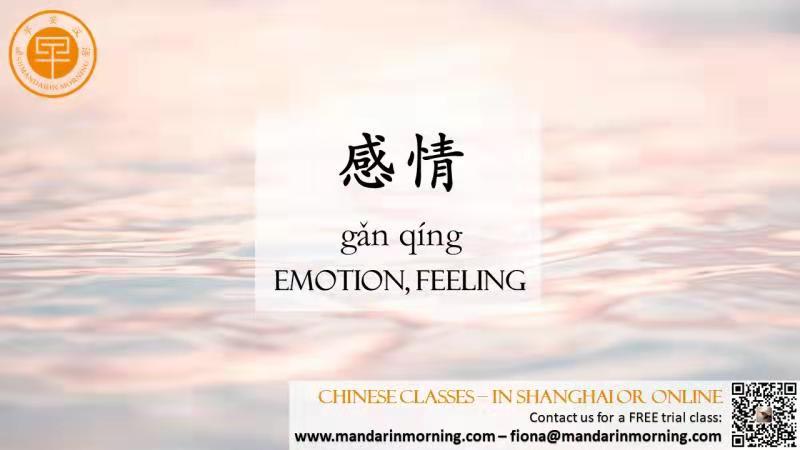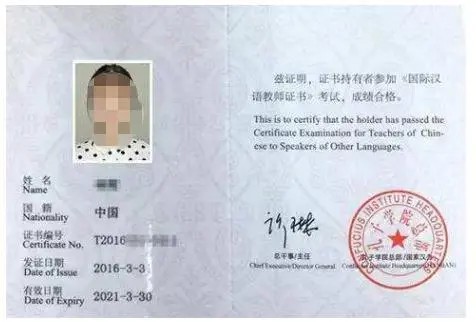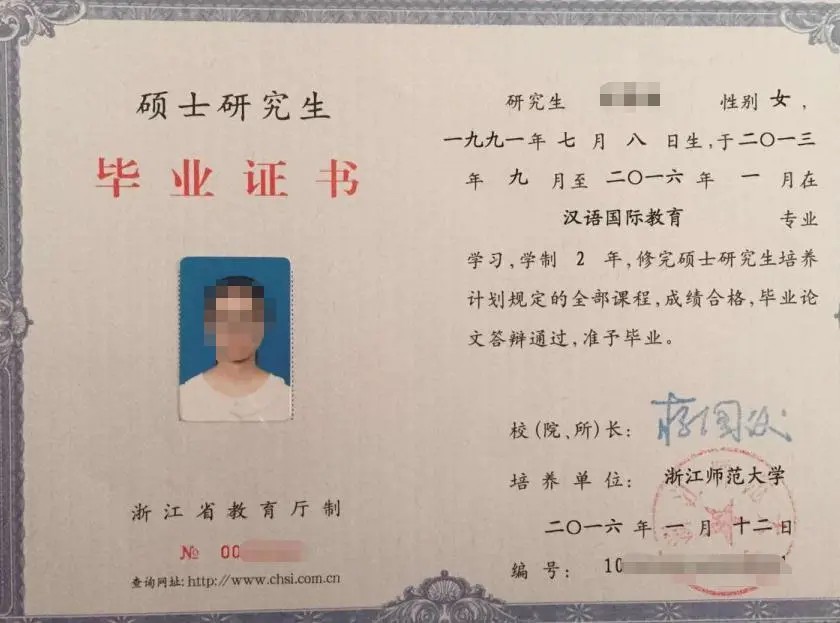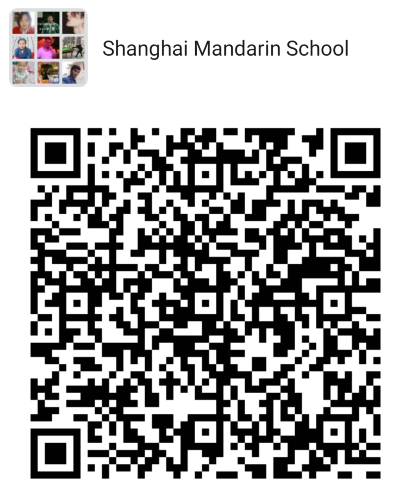As humans, we talk about our emotions all the time. Whether it’s feelings towards other people, behaviors or inanimate objects, we like to let others know how we feel. So it makes complete sense if you’re learning Chinese to learn the words for different feelings in Chinese. How to Say “Emotion” in Chinese: In case you were curious, here are some of the translations for “feeling” and “emotion.” Most of these words won’t be relevant to beginners, but these terms are great for when you progress into the intermediate and advanced language stages, as they add a poetic touch to speech and writing. 衷情 (zhōngqíng) — inner emotions 感受 (gǎnshòu) — to sense, to feel, to experience; feeling 表情 (biǎoqíng) — facial expression, expression 感情 (gǎnqíng) — emotion, sentiment, affection; feelings between two people 感觉 (gǎnjué) — to feel; feeling, sense, perception 觉得 (juéde) — to feel; to think 心里话 (xīnlǐ huà) — to express one’s true feelings, to express what’s on one’s mind 心声 (xīnshēng) — thoughts, feelings, inner voice 心尖 (xīnjiān) — bottom of one’s heart, innermost feelings 情愫 (qíngsù) — sentiment, feeling 感觉 or 觉得 are most commonly used when discussing feelings. To make an “I feel” statement, you could say 我感觉 or 我觉得, followed by any emotion listed in the next couple of sections. To say “I am very,” your statement would start off with 我很 (wǒ hěn). Although that literally translates to “I very,” remember that in Chinese, you can omit the verb “to be” or 是 (shì) as long as it doesn’t take away from the main idea of the sentence. Chinese Vocabulary for Positive Feelings: Here are terms to describe your positive emotions. Notice how there are tons of different ways to say “happy” in Chinese. 开心 (kāixīn) — to feel happy; to have a great time 高兴 (gāoxìng) — happy, glad, in a cheerful mood 喜滋滋 (xǐzīzī) — happy 快活 (kuàihuo) — happy, cheerful 欣喜 (xīnxǐ) — happy, joyful 宽心 (kuānxīn) — to feel relieved; to feel relaxed 满足 (mǎnzú) — contented, to be contented, to feel satisfied 兴奋 (xīngfèn) — to be excited 恋爱 (liàn’ài) — to be in love 惊奇 (jīngqí) — to be amazed; to be surprised To use these terms in sentences, just follow the formulas shared above. Here are a couple of examples of how you might express positive emotions. 我很惊奇。(wǒ hěn jīngqí.) — I am so amazed. 我感觉满足。(wǒ gǎnjué mǎnzú.) — I feel content. 我很宽心。(wǒ hěn kuānxīn.) — I am very relieved. Chinese Words for Negative Feelings: Here are the terms to use when you want to express those not-so-positive feelings. 闷闷不乐 (mènmènbùlè) — depressed, unhappy 悲伤 (bēishāng) — sad, sorrowful, mournful 伤心 (shāngxīn) — brokenhearted, sad 焦急 (jiāojí) — anxious, worried, restless 累死 (lèi sǐ) — exhausted, worn out 害怕 (hàipà) — to be afraid, to be scared 心寒 (xīnhán) — to be very disappointed 生气 (shēngqì) — to be angry 紧张 (jǐnzhāng) — nervous, tense 尴尬 (gāngà) — awkward, embarrassed Following the formulas above, here are a few sentences you might say when expressing negative emotions. 我累死了。(wǒ lèi sǐle.) — I am exhausted. 我觉得紧张。(wǒ juédé jǐnzhāng.) — I feel nervous. 我很生气。(wǒ hěn shēngqì.) — I am very angry. #Our teachers # More than 10 years teaching experience Master Degree Certificate for teaching chinese as a foreign language   # About us # Founded in 2007 Chinese test and training center 200+ Chinese teachers 5000+ students  # Contact us# Name:fiona Phone number:021-52287809,13918358891 E-mail:info@mandarinmorning.com www.mandarinmorning.com If you are interested to join Mandarin Morning school or want more details about our services, scan the following QR code. ☟   Mandarin Morning Chinese test center attached to Confucius institute headquarters Authorized Test Center and Training Center for International Chinese Language Teacher Certificater 10 years+ ,200 teachers ,more 10000 students,200+companies  |